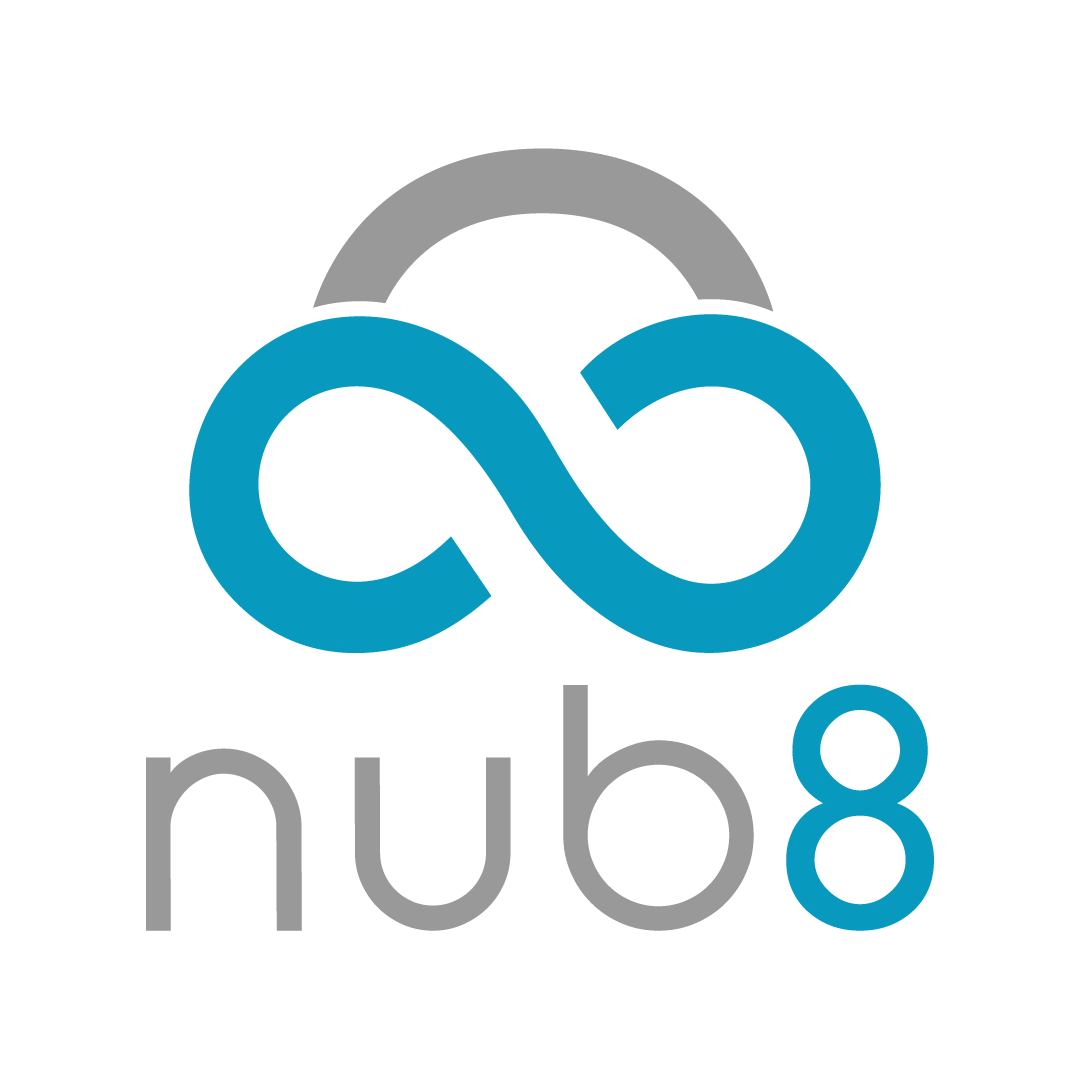What is Multicloud?
A Multicloud refer to the use of two or more cloud systems to guarantee maximum uptime for websites, complete availability of resources, better defense against outages and cyberattacks, and more. In this sort of setup, one type of cloud might be used for precise requests, and alternative cloud would handle other requests. In short, as most companies now run multiple clouds, to address a whole slew of requirements. Multi-cloud is a dynamic strategy of mixing and matching workloads across multiple public cloud vendors (e.g. AWS, Azure, Google, IBM, Oracle), handled under one platform, to attain long term corporate objectives.
Challenges of Multicloud
Following are some of outstanding challenges in Multicloud strategy implementation.
1. Security
Various issues also existing themselves in a multicloud environment. Security and governance is more complex, and more “moving parts” may generate resiliency problems. As a result of multi-cloud multiple users can store their data using the applications provided by SaaS. In such a situation, data of various users will reside at the same location, so Intrusion of data of one user by another becomes possible in this environment. This intrusion can be done either by hacking through the loop holes in the application or by injecting client code into the SaaS system.
2. Integration
On top of preserving the core infrastructure, Network teams must safeguard the various cloud and on-premise platforms interact with one another. Even with their best effort, the result is usually a convoluted platform that is hard to use and maintain. So there are serious integration challenges.
3. Skillset
Multiplying your cloud environments naturally means multiplying what’s mandatory to effectively run those cloud environments. When a business is utilizing multiple Cloud vendors, there are a lot of aspects which need to be measured. When many vendors are being used, multiple skill sets will also essential to be managed to get the maximum out of the Cloud. The higher the number of Saas, IaaS, and PaaS solutions leveraged, the advanced would be the in-house skill sets which will necessity to be involved.
4. Compliance
For most businesses, multiple compliance requirements apply to some or all of their data and these requirements don’t disappear in the cloud. So you need to ensure that specific providers are able to fulfill compliance needs before making them portion of your Multicloud implementation. When different Cloud providers are being working, it is significant to note if the various compliance standards like HIPAA, PCI DSS, FISMA, and SOX, are being met with each cloud vendor. If these compliance standards are not met, the data would be at risk of being hacked and lost.
Nub8 rapidly delivers an integrated, robust multi-cloud strategy, freeing you to focus on driving IT and business innovation. We maintenance a holistic approach to cloud transformation that addresses infrastructure, operating model and applications. We can evaluate your environment to help you understand your current state, and create a future-state vision. We use the current state and target state information to develop a transformation strategy and roadmap that is actionable and relevant to your business. We can estimate the cost savings and benefits to arm you with the information you need to help justify the transformation.
